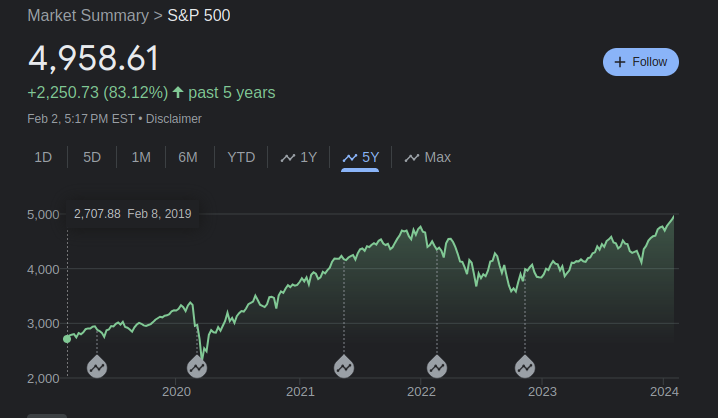Target funds are passively managed, which means nobody is sitting there trying to buy the bottoms and sell the tops, which is what we call actively managed funds. Not having anyone to constantly babysit them is what makes passively managed funds less expensive than actively managed in terms of expense ratios.
Target funds tend to consist of other passively managed index funds that provide broad market coverage and whose objectives are none other than to mirror the performance of a wide range of securities in a particular asset class.
If your friend’s 401k suffered a 50% loss in 2008 and did not recover on the way back up, that means either your friend panic-sold, your friend was in a (very poorly) actively managed fund, or (most likely) your friend is full of shit.
Regardless, I would recommend not taking financial advice from your friend.
To answer your question, as long as you hold passively managed index funds, you do not have to worry about someone “selling your stocks if the economy tanks.”
